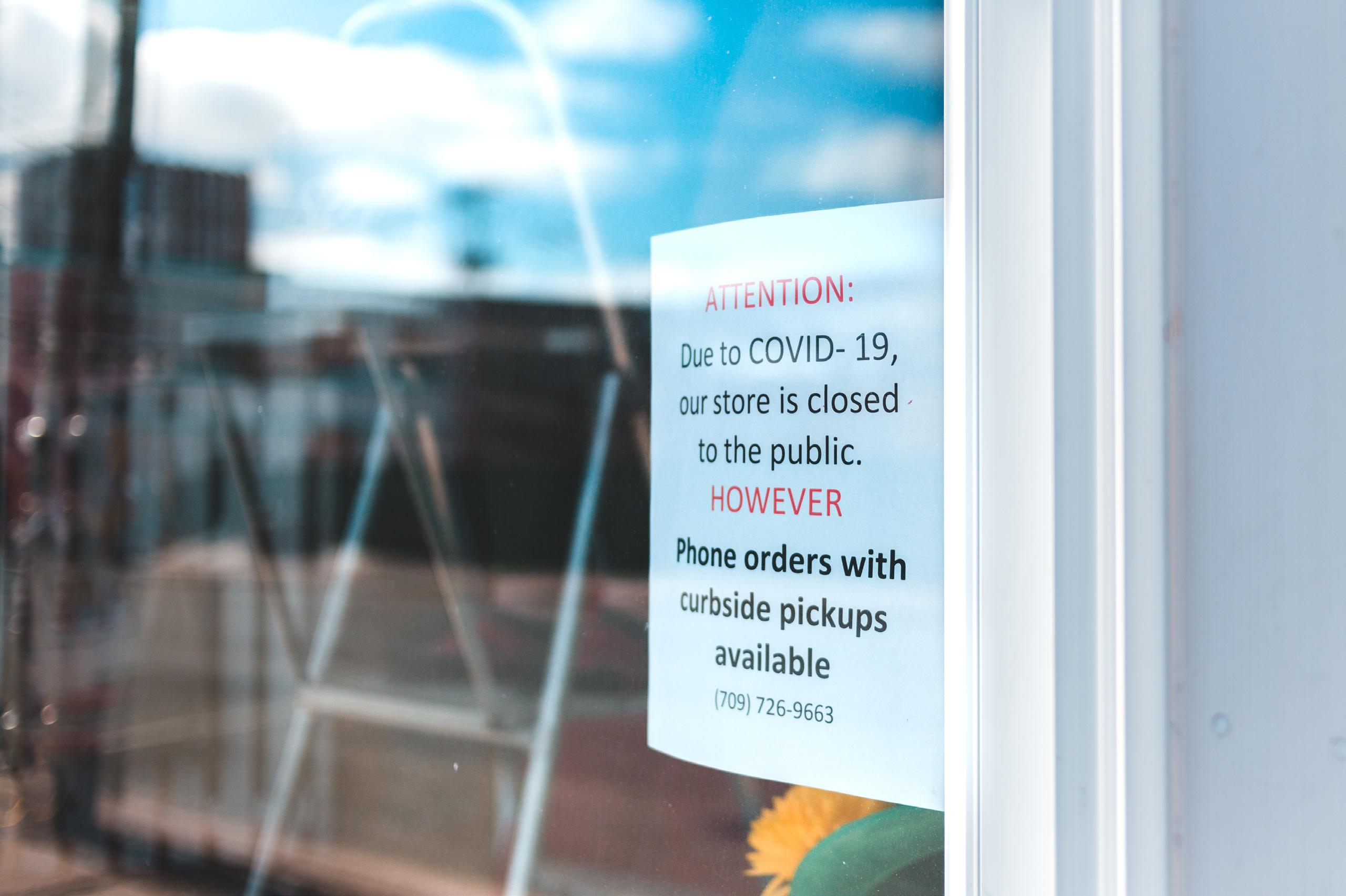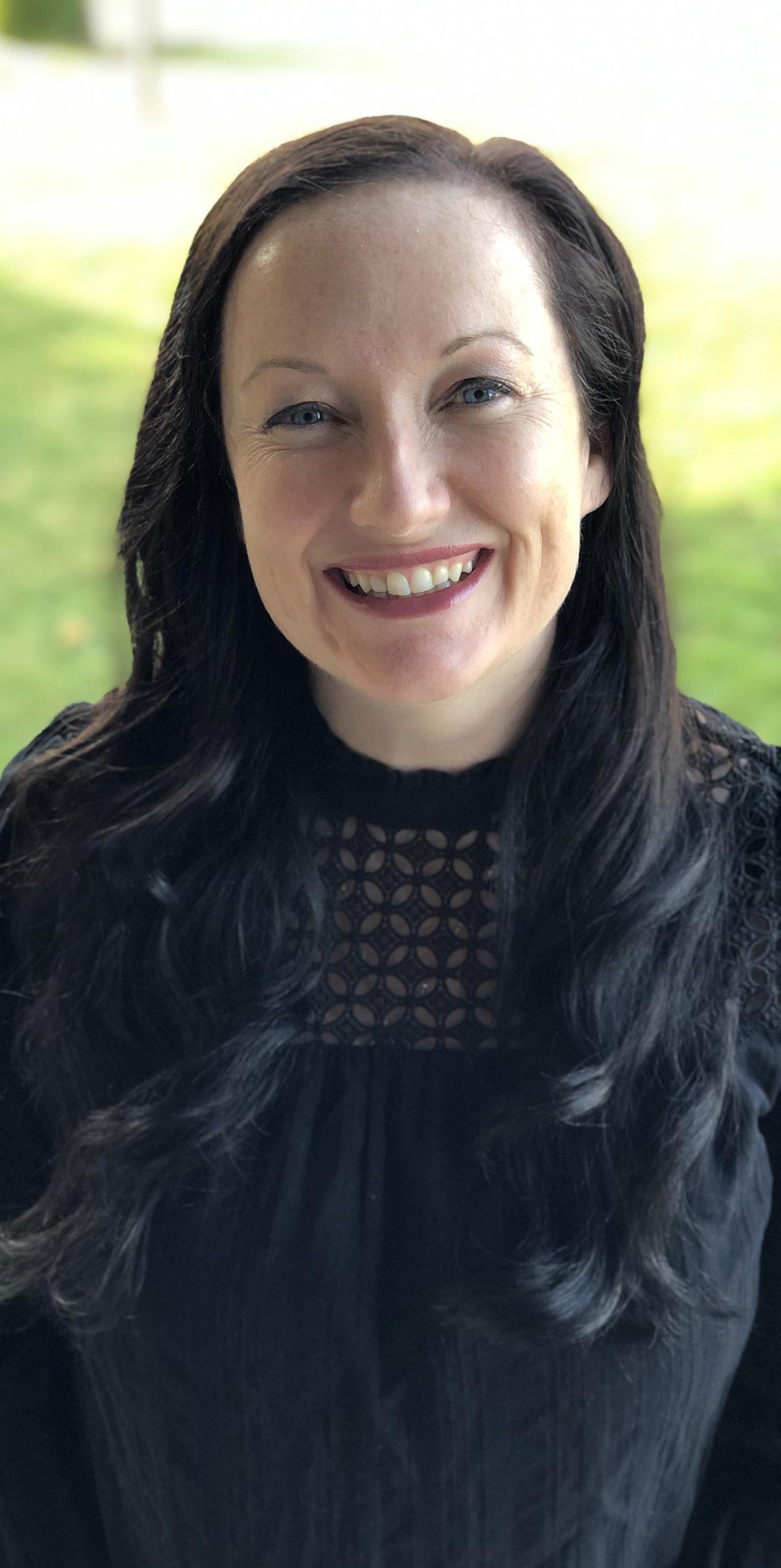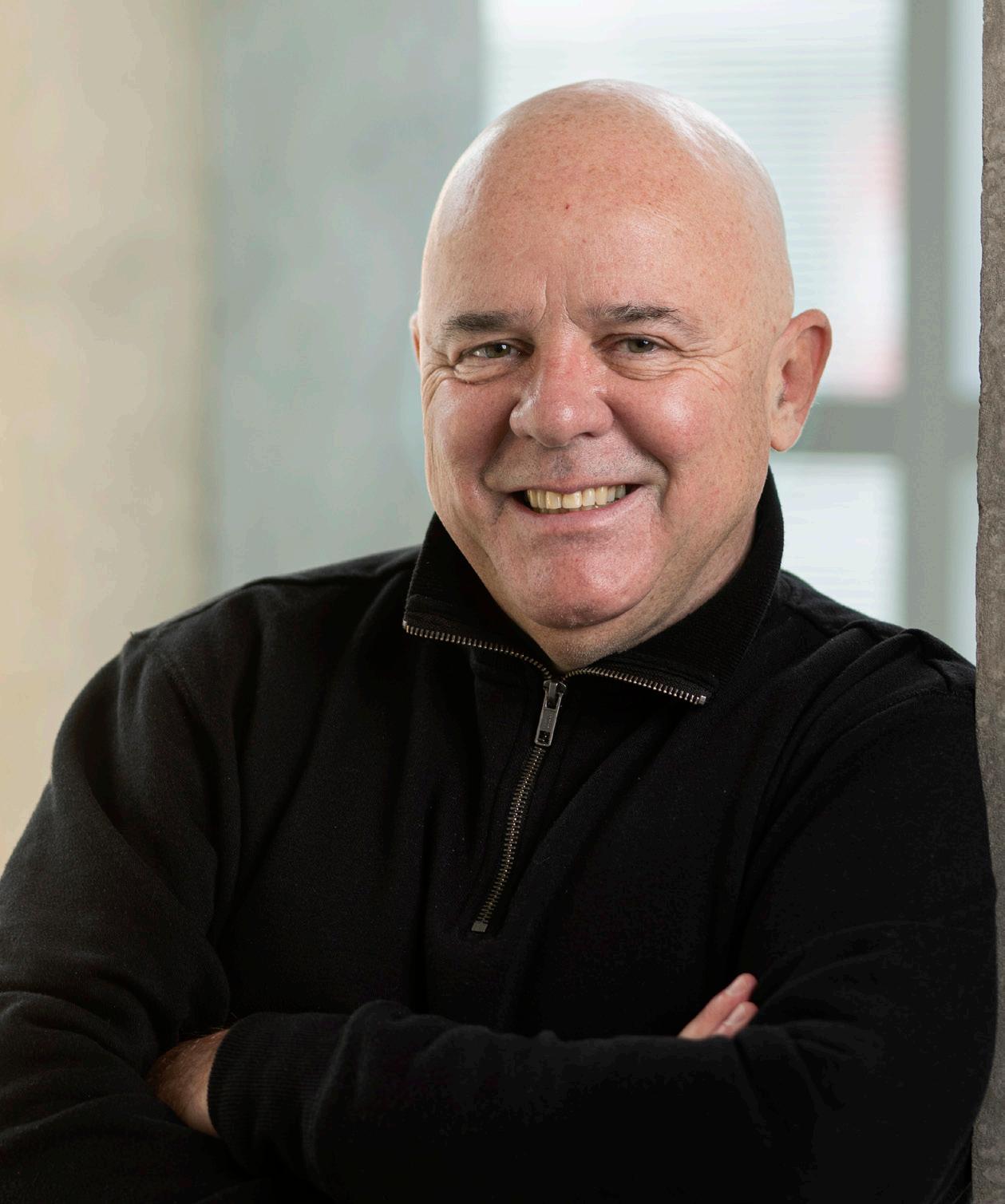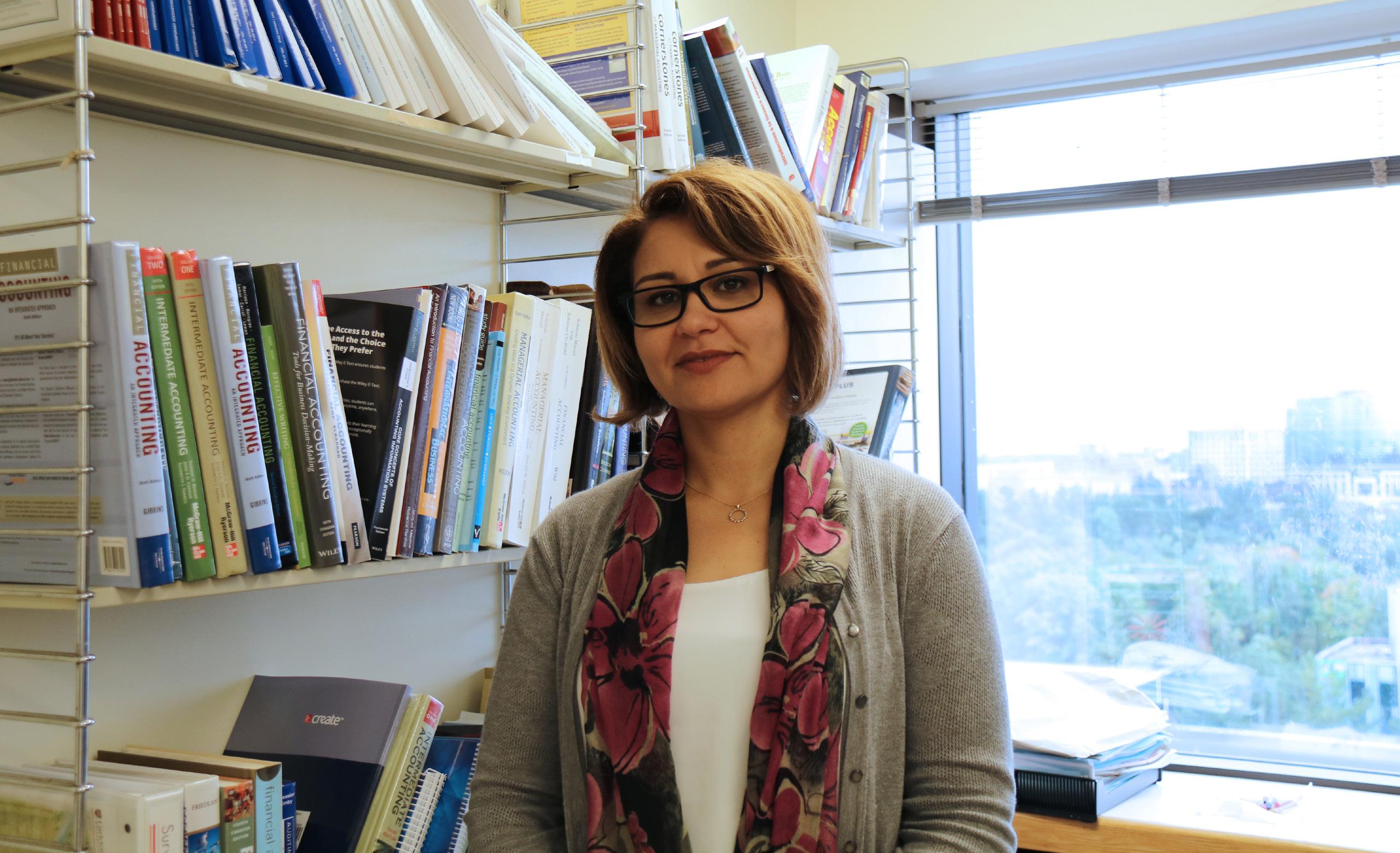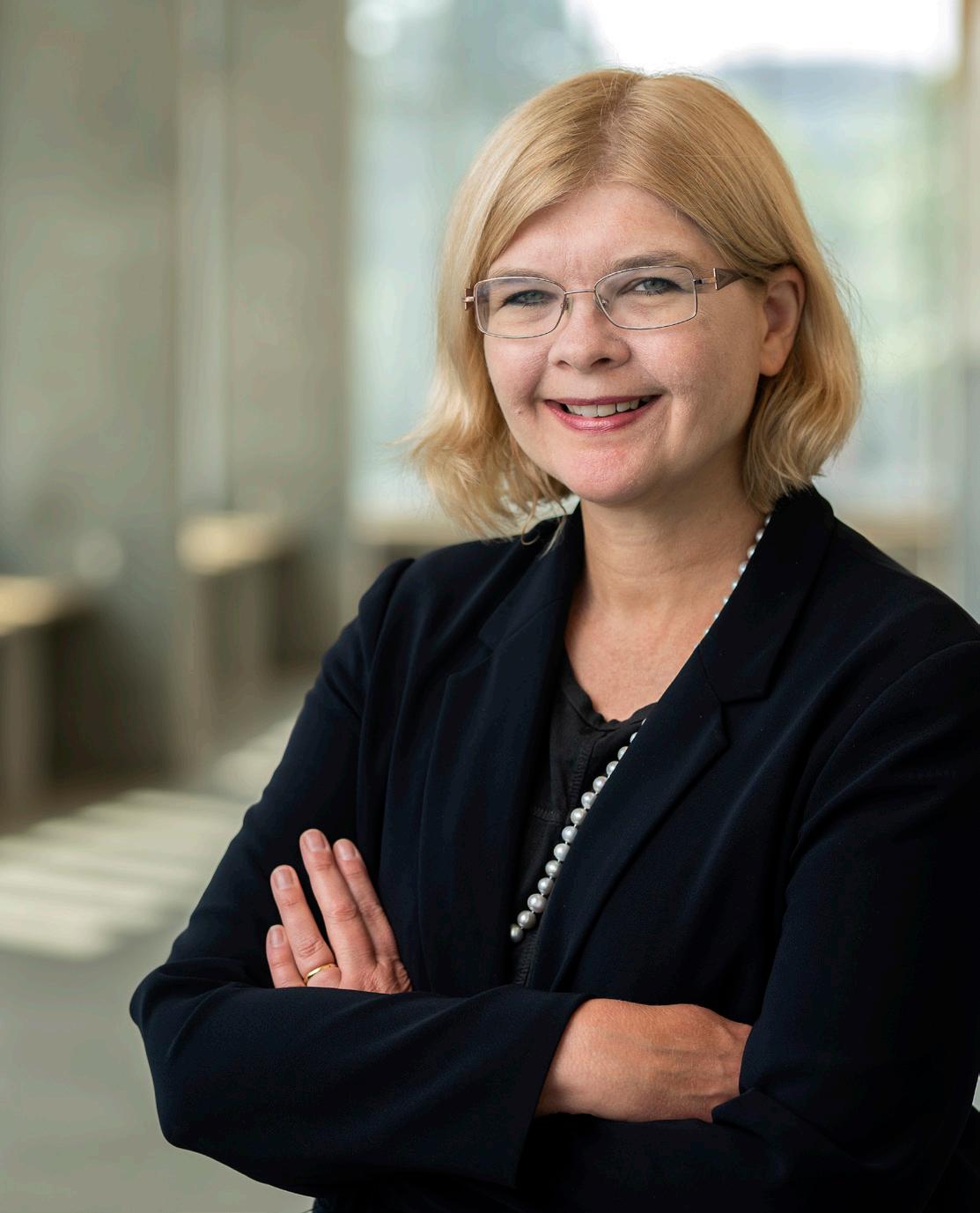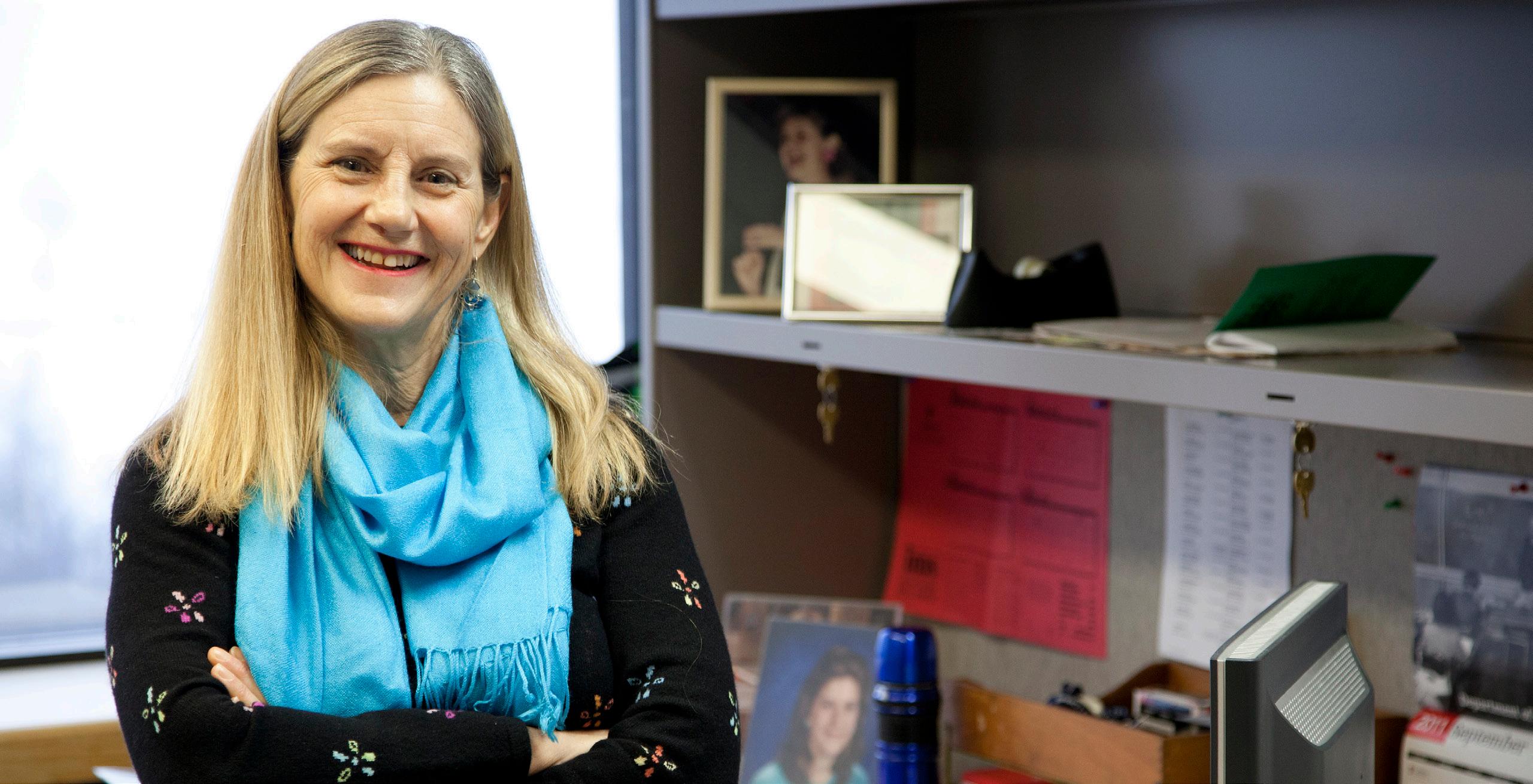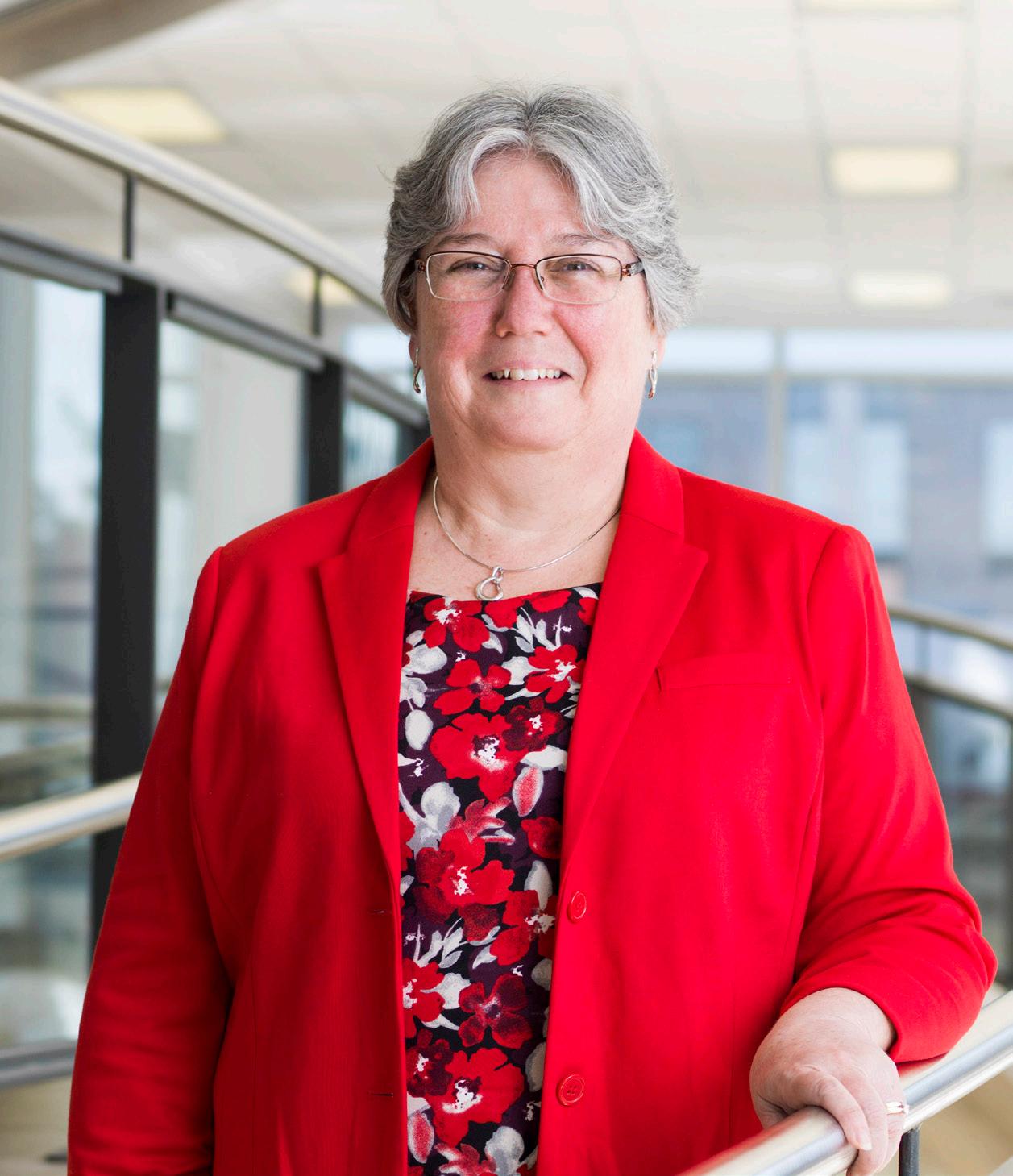Merridee Bujaki
so Bujaki’s research taps into a prevalent, persistent problem in the workplace around gender inequality. The main goal with her research is to empower consumers and investors to look at firm publications with a more critical eye. “Don’t stop at the surface level; ask why they are presenting information in a certain way.” Further to this work, and a passion for Bujaki, is her research examining women’s careers in professional positions. This interest comes out of lived experience, seeing firsthand while working as an accountant the struggles that women continue to face in professions designed under a patriarchal system. With this drive to see women in professions flourish within a fair and equitable environment, Bujaki dedicates much of her time beyond her research and teaching to spearhead committees and help organizations that focus on empowering and educating women in business. As well, Bujaki’s research has evolved over time to include projects exploring women in academia as well as women in accounting, and through this, Bujaki has discovered one stark consistency. Women continue to face significant challenges in integrating into antiquated patriarchal systems and the consequences are manifesting through health-related issues due to stresses on the job.
Carleton University Sprott School of Business
Her discoveries led Bujaki to address a much bigger question: If health issues due to stress happen in the accounting and academic worlds, does it happen in all professions? As part of a large team awarded a substantial SSHRC-CIHR grant in 2018 to address this question, Bujaki is knee-deep into the largest project of her career and one that can have a substantive and positive impact on workplace well-being. The five-year, comparative study, “Examining the Gendered Nature of Mental Health Issues,” has Bujaki collaborating with colleagues from eighteen universities to conduct a large-scale survey that includes seven professions (accounting, teaching, academia, medicine, nursing, dentistry, and midwifery) across Canada. The research is focusing on how individuals return to work after they’ve taken a leave of absence for mental-health reasons. The study aims to better understand not just what professionals are experiencing, but to formulate best-practice policies and interventions that help organizations across these seven professions (and beyond) support employee reentry and foster a healthier and accepting work culture. Moreover, the findings are rich with results that can aid in learning and sharing information across these professions. True to form, a “think-outside-the-box-visionary”, Bujaki delves into a unique perspective of the accounting world. Bujaki’s final C is the one that fellow accountants and academics seem to find most intriguing, and one she finds herself talking about often at conferences. For the last decade, Bujaki has been researching canals and specifically, the Rideau Canal. Opened in 1832, the 202 km waterway connects Ottawa to Lake Ontario in Kingston. The oldest continuously operated canal system in North America, it is now a UNESCO World Heritage Site. Although Bujaki finds the history and lure of the canal fascinating, it’s the financial and accounting history and nuances of reporting that Bujaki has been researching. Bujaki is particularly interested in the evolution of the reporting processes and management practices, and changes that have occurred over time in terms of the language used in accounting records and around cost/benefit analyses during the canal’s construction. Bujaki is, yet another accountant at the Sprott School who is truly passionate about her role as a leader, mentor, and in changing the accounting profession for the better, and who will, through her notable research, encourage investors to be more critical consumers of corporate disclosures and help to redefine how women in business and society are respected and valued.
RESEARCH REVIEW 2020 | 5




